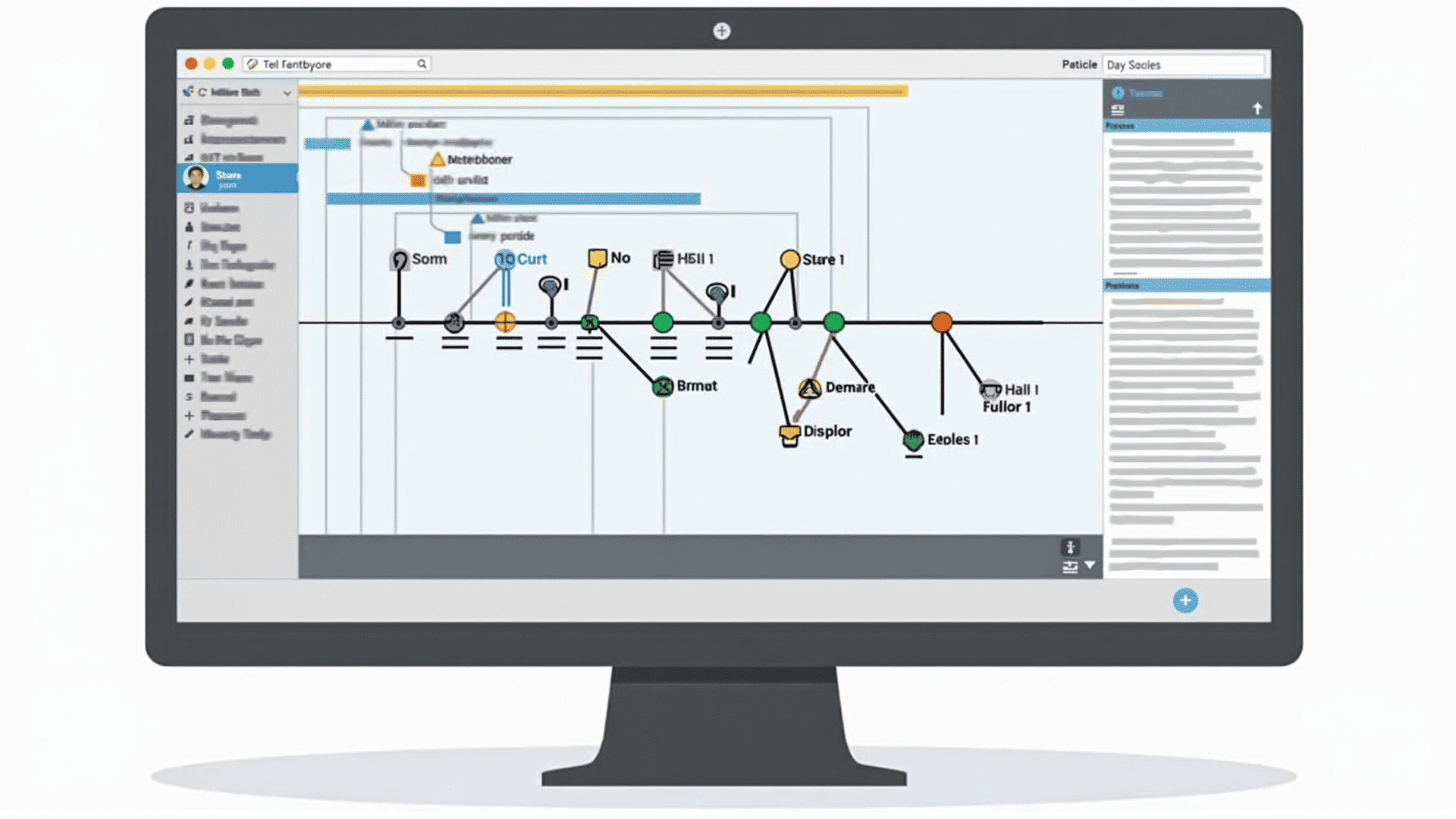In the world of software development, one of the most crucial yet often overlooked elements is version control. This practice is foundational in ensuring that software projects are not only maintained effectively but also evolve seamlessly over time. At its core, version control involves the management of changes to documents, computer programs, and other collections of information.
Firstly, version control serves as an essential tool for collaboration. In a development team, multiple people often work on the same project simultaneously. With version control systems, such as Git, developers can work on different parts of the codebase without overwriting each other’s work. These systems track each change made to the code, allowing team members to merge their changes efficiently and resolve any conflicts that arise.
Moreover, version control provides a detailed history of the project. By keeping a record of who made what changes and when, it becomes easier to identify when a particular bug was introduced or to understand why a certain change was made. This historical record is invaluable for debugging and for training new team members who need to understand how the project has evolved.
One of the most significant advantages of version control is its robust safeguarding against accidental data loss. Mistakes happen, and sometimes changes are made that need to be undone. With version control, reverting to a previous state is straightforward. This feature is especially crucial in scenarios where a recent change causes functionality issues or unexpected behavior.
Version control also enhances accountability. Since every change in the codebase is documented, it’s easy to trace contributions back to individuals, promoting responsible coding practices. It ensures that developers are held accountable for their changes and encourages them to thoroughly test their contributions.
Another vital aspect is the independence version control provides for experimentation. Developers can create branches where they can freely test new features or experiment with code modifications without affecting the main codebase. If these changes prove successful, they can be merged into the main branch; if not, they can be discarded without any negative consequences on the primary workflow.
For all these reasons, incorporating version control into the software development process is indispensable. It empowers teams to collaborate more effectively, maintain comprehensive project records, protect against data loss, ensure accountability, and foster creative experimentation. In the rapidly evolving landscape of technology, version control stands out as a pillar of orderly and efficient progress.
